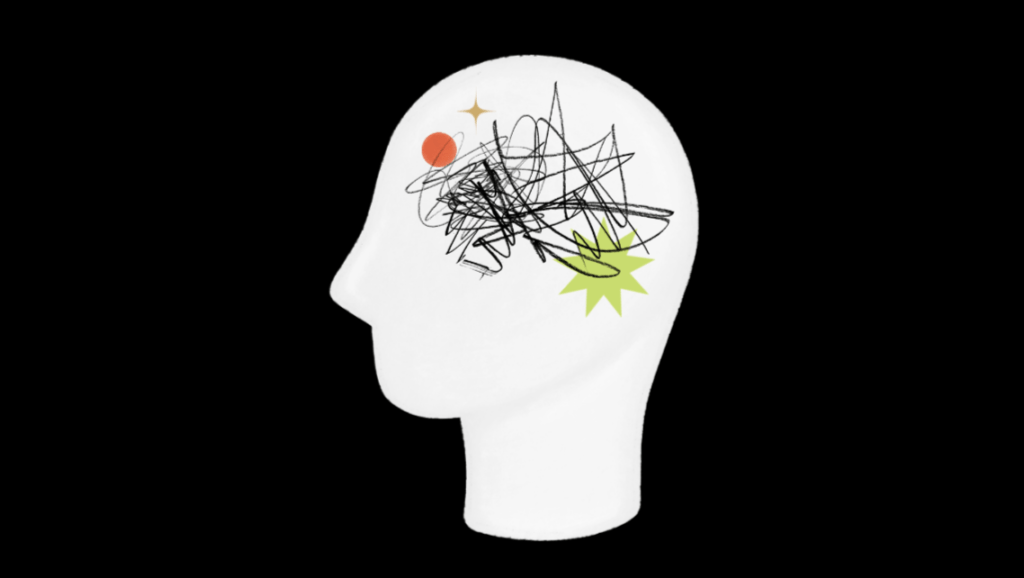On the Razor’s Edge: Today’s Graduates Are Entering a Winner-Take-All World, And Most Are Painfully Aware They’ve Already Lost the Game
Globe and Mail
My heart sank. “Not again!” I said to myself. The student, sitting across the desk from me in my university office, couldn’t raise her eyes to meet mine. She wasn’t more than twenty years old, but both her body and demeanor conveyed unspeakable weariness. Her expression was flat and unanimated and her voice a mumble, and from the way she was hunched over, I thought she wanted to curl up and hide in her chair.
Clearly she found it horribly painful to talk, but bit by bit I learned about her problems with her coursework, papers, and exams. She told me she couldn’t read properly, because she couldn’t concentrate. She would go over the same paragraph in her textbook a dozen times without grasping its content. She was terrified by the essays she had to write and deeply embarrassed by the deadlines she’d already missed. And she seemed almost paralyzed by lethargy, sometimes staying in bed twelve, fourteen, or more hours a day. Then, as she slid a doctor’s note across the desk towards me, she burst into tears. I looked down at the note: it was from her psychotherapist – she was clinically depressed.
Not again, I said to myself, because I’d lately seen too many students in a similar state. When I began teaching at the University of Toronto ten years ago, I was visited by perhaps one seriously depressed student a year. Now, I sometimes encounter ten. True, I’m teaching more students today than I did then, but that fact by itself can’t account for the increase. Nor can our greater awareness of the illness or our greater willingness to be open about our mental problems. I’m convinced there’s a real trend here – a trend that says something very troubling about the kind of society we’re creating for ourselves and for our children.
The trend shows up in scientific data. Careful studies of societies around the world reveal a sharply rising incidence of major depression. Whether in the United States, Canada, Puerto Rico, Taiwan, or Lebanon, in each successive generation a larger percentage of people experience at least one severe episode of depression, and this depression strikes people earlier in their lives. A study in United States in the late 1980s, for instance, showed that only 1 percent of Americans born before 1905 had experienced major depression by the time they were 75, but of people born after 1955, 6 percent had been depressed by the time they were 24. A later study showed that American men and women under 40 were three times more likely to become severely depressed than those over 40.
What’s happening here? It’s likely some people have a genetic tendency to be depressed; some are more innately susceptible than others (if one identical twin suffers depression, there’s a 78 percent chance that the other will too; but the figure for fraternal twins is only about 20 percent). Yet our genes change very slowly and cannot possibly explain why the rate of major depression is rising so fast. For an explanation, we have to look elsewhere – at the social and environmental factors that combine with genetic susceptibility to push some people over the edge into depression.
Some experts speculate that the cause is pollution: low levels of certain industrial chemicals in our environment may be having unforeseen and malign neurological effects. Others point to social changes, like the erosion of the nuclear family, parents’ inattention to their children, the decline of religious communities, and (especially for women) unattainable standards of beauty. Some of these explanations make sense intuitively, but all remain speculative.
I think that at least part of the explanation lies with certain features of everyday life in modern society. An ever-quickening stream of new information technologies – from e-mail and the World Wide Web to the lowly cell phone and Palm Pilot – allows each of us to connect with more people, manage more information, and make decisions faster. Other technological changes, especially in transportation, make it easier and faster to move ourselves and material goods anywhere in the world. Most of us, quite rightly, like these technologies and the advantages they bring. But they have a downside too: they quicken the pace of our lives, overload us with information, rob us of quiet time to reflect, and widen the gulf between winners and losers. In the process, they produce a litany of sad results. Because we’re so transient, our communities are less deeply rooted and our friendships less secure. Individually, we often become more isolated, and our connections to others and the world around us are less meaningful. Info-glut and the crazy pace of our lives drives up stress. And the remorseless competitiveness of our economy and society makes many of us feel worse about ourselves.
I’ve been struck, again, by things my students say – not just the students suffering from depression, but many others too. By the time these liberal-arts undergraduates reach their second year, many realize they’ve already lost the game of life. The good options are rapidly disappearing; doors are slamming shut. While a few of their peers – especially those with A’s in math, computer science, or economics – have incredibly lucrative and exciting careers in front of them in dot.coms and business consulting, many of the rest have no idea what they’re going to do. They’re confident that they’ll find work, since the unemployment rate is relatively low, but the jobs they see open to them – as nameless information pushers in corporate offices and bureaucracies – don’t seem appealing at all.
Meanwhile they confront an unrelenting barrage of news, publicity, and advertising about lifestyles they can’t hope to achieve. The symbols of success and affluence are all around them all the time: the streets are full of BMWs and Porsches driven by dynamic and rich twenty- and thirty-somethings; mega-bookstores burst with racks of magazines announcing the most exotic spots for summer getaways and filled with photographs of glorious clothes and houses; and television, a place of escape, is populated by beautiful people who live in exciting places and who seem to rarely work.
By creating huge, integrated, and efficient markets, modern technologies have helped create a winner-take-all economy, in which the people who are best in any particular field are able to reap huge returns, while those who are just slightly below the very best are rewarded with far less. Incomes rise rapidly for people in the highest echelons of our economies, while they stagnate for many of the rest (see chart). My students know this, and it scares them. They also know – and it also scares them – that we’ve created an economy and society offering immense rewards to people with certain kinds of cognitive abilities and temperaments. It’s an ideal place for people who are hyper-rational and hyper-kinetic – those with finely honed analytical skills and agile, pragmatic minds who thrive on speed and change, and those who are attractive, socially adept, and perpetually optimistic. It’s far from an ideal place for people who are shy, cautious, and emotionally sensitive, and it’s certainly not a place for those susceptible to deep sadness. As someone very close to me who suffers from depression once said: “This society isn’t designed for people like me.”
The rest of us should heed her words. It’s possible that the rising rate of depression is like the proverbial canary in the coal mine: these statistics may be a warning that we’re creating a grossly unbalanced social milieu, one that offers little space for people with certain kinds of personality. And these people, the ones we’re leaving behind, could turn out to be vitally important to all of us – not just because we should care about our fellow human beings, but also because they’re a source of an emotional sensitivity and richness that might be key to all our happiness in the future.

Topics
Environmental Stress and Conflict
Other
Societal Collapse
